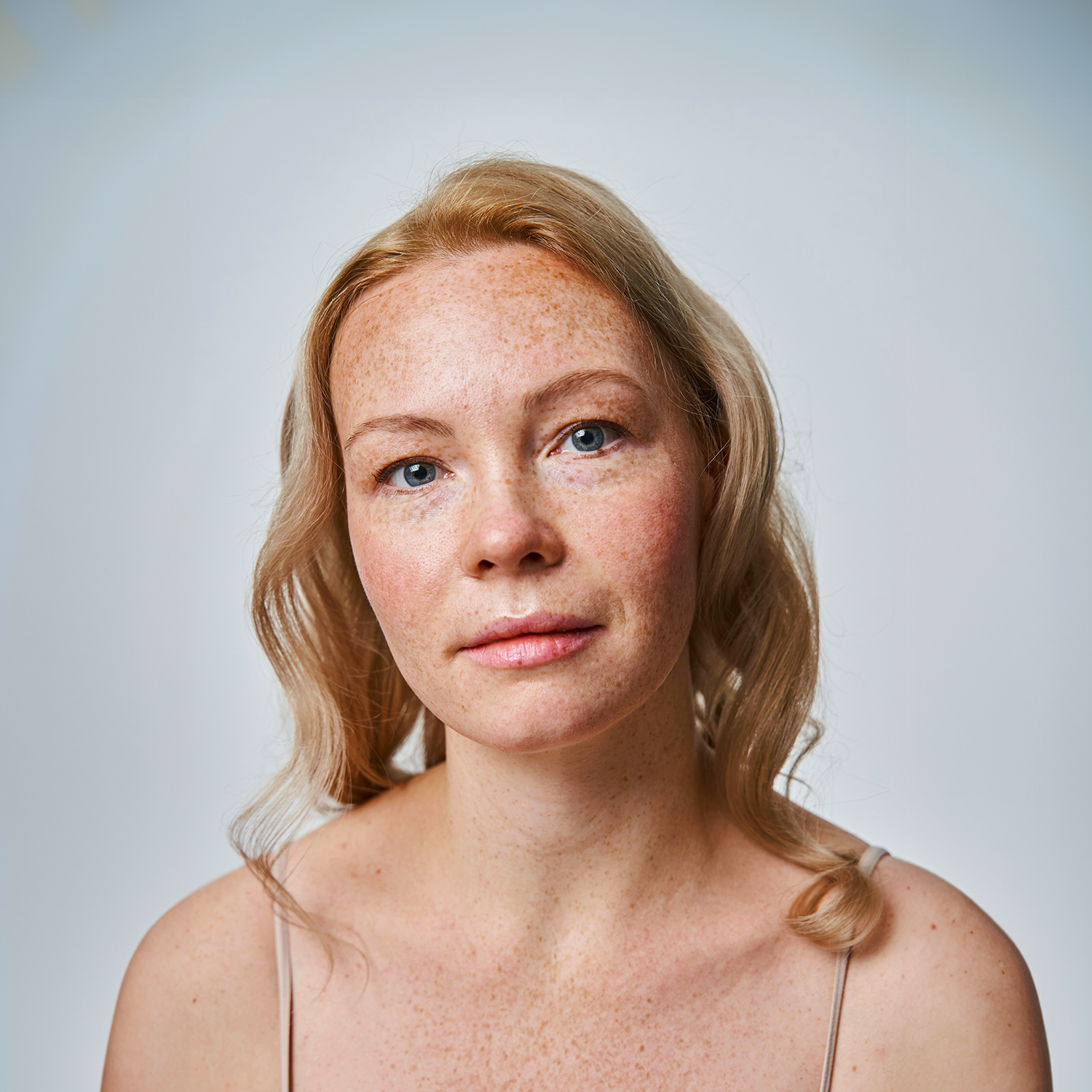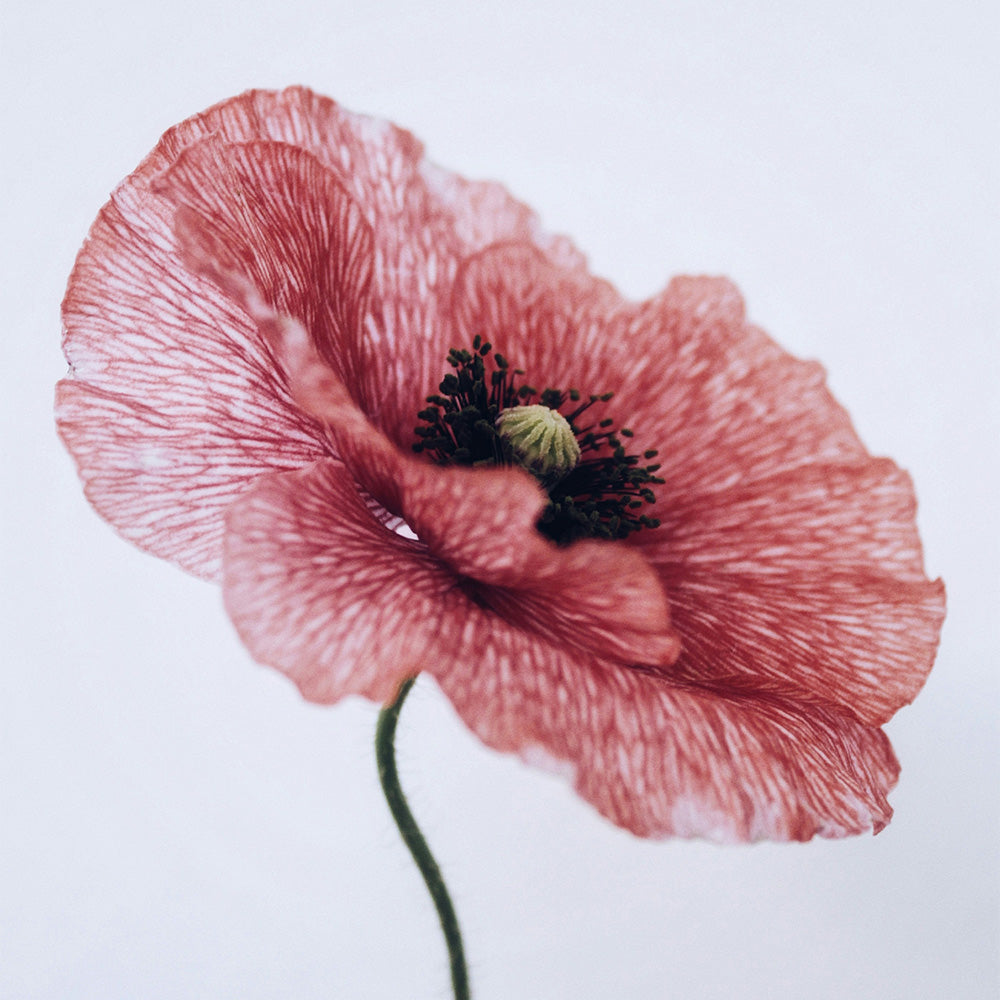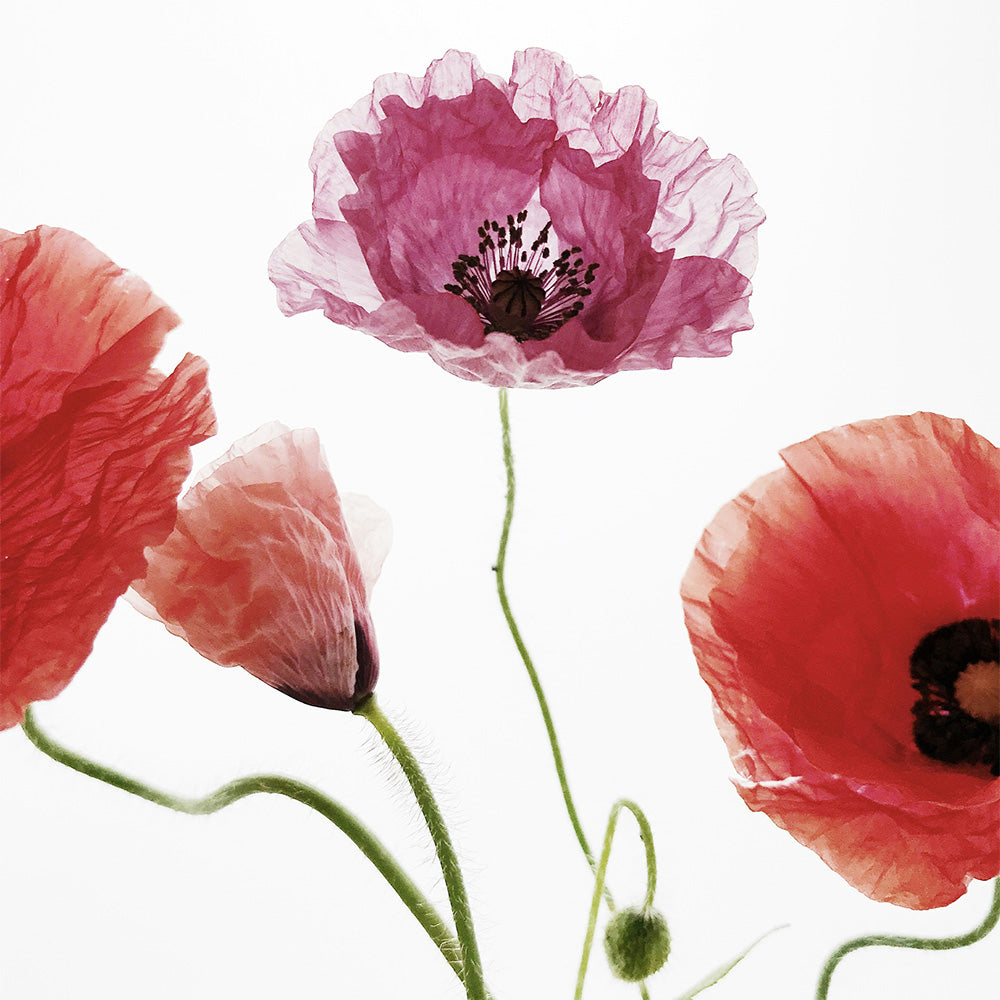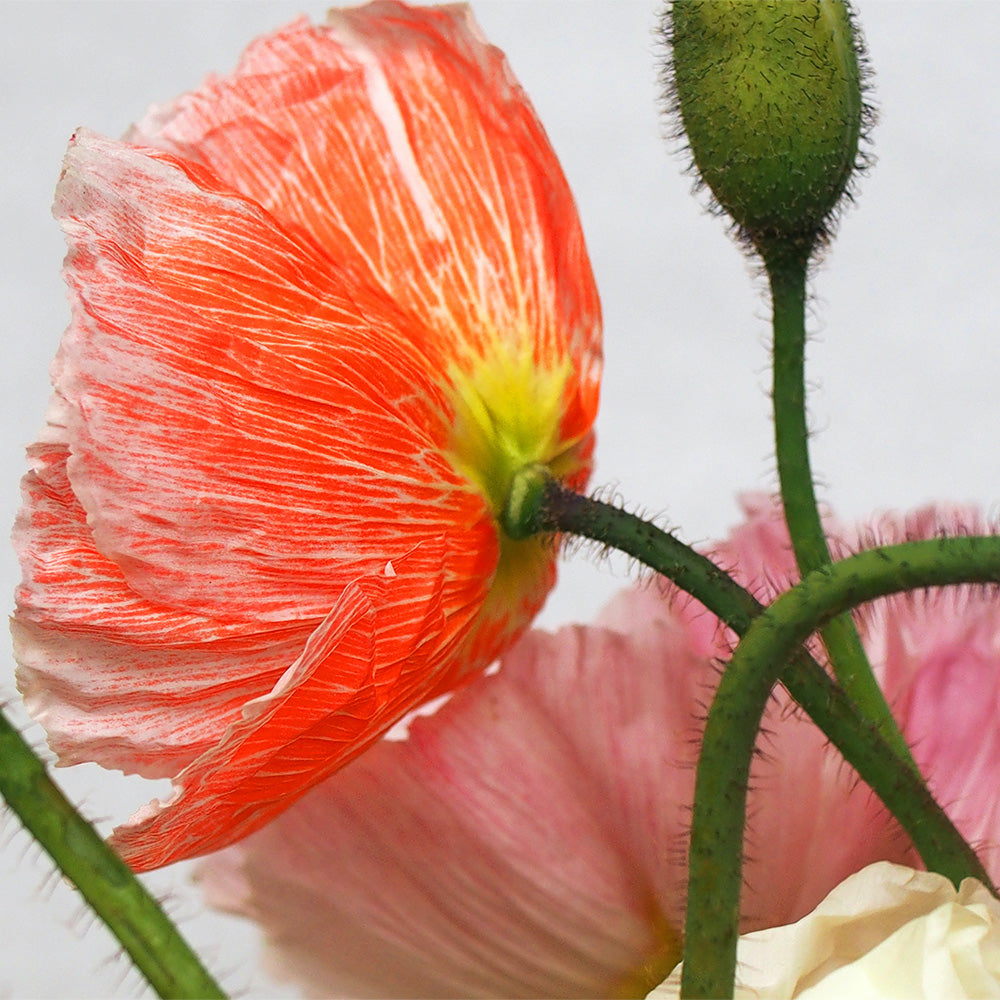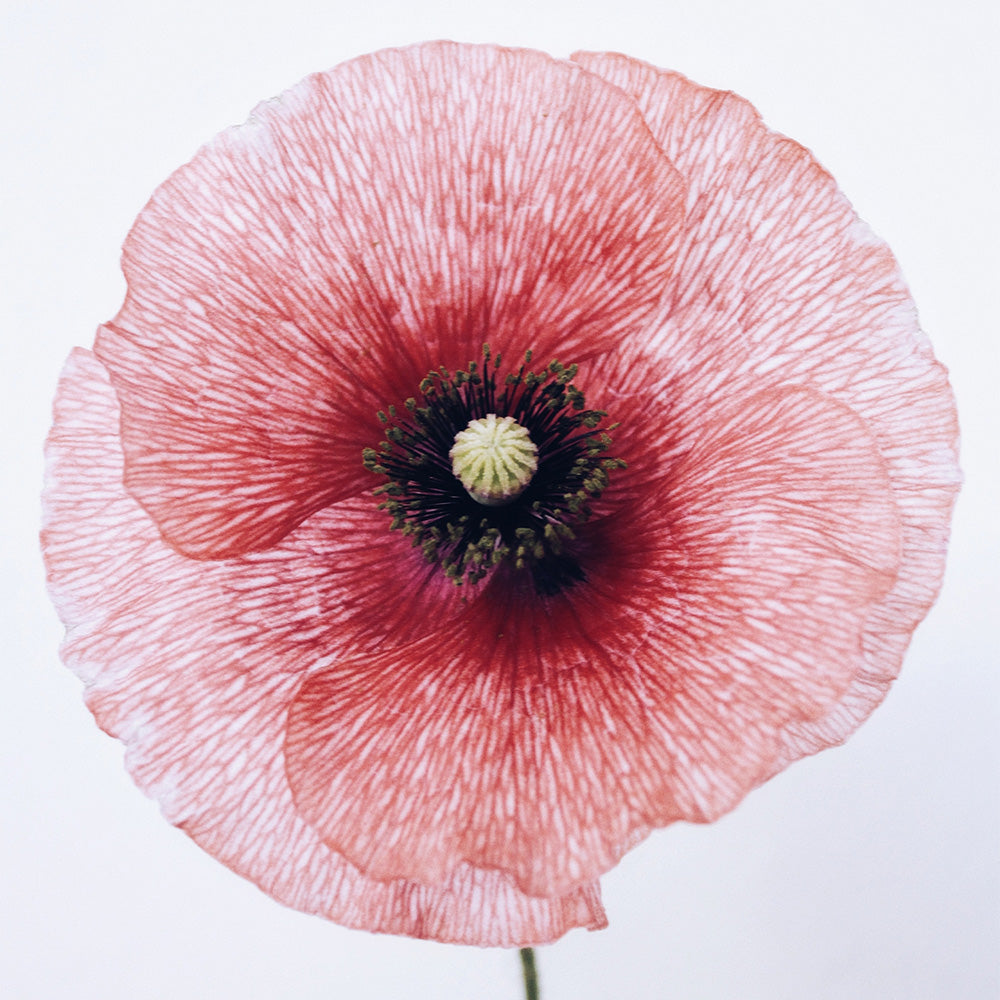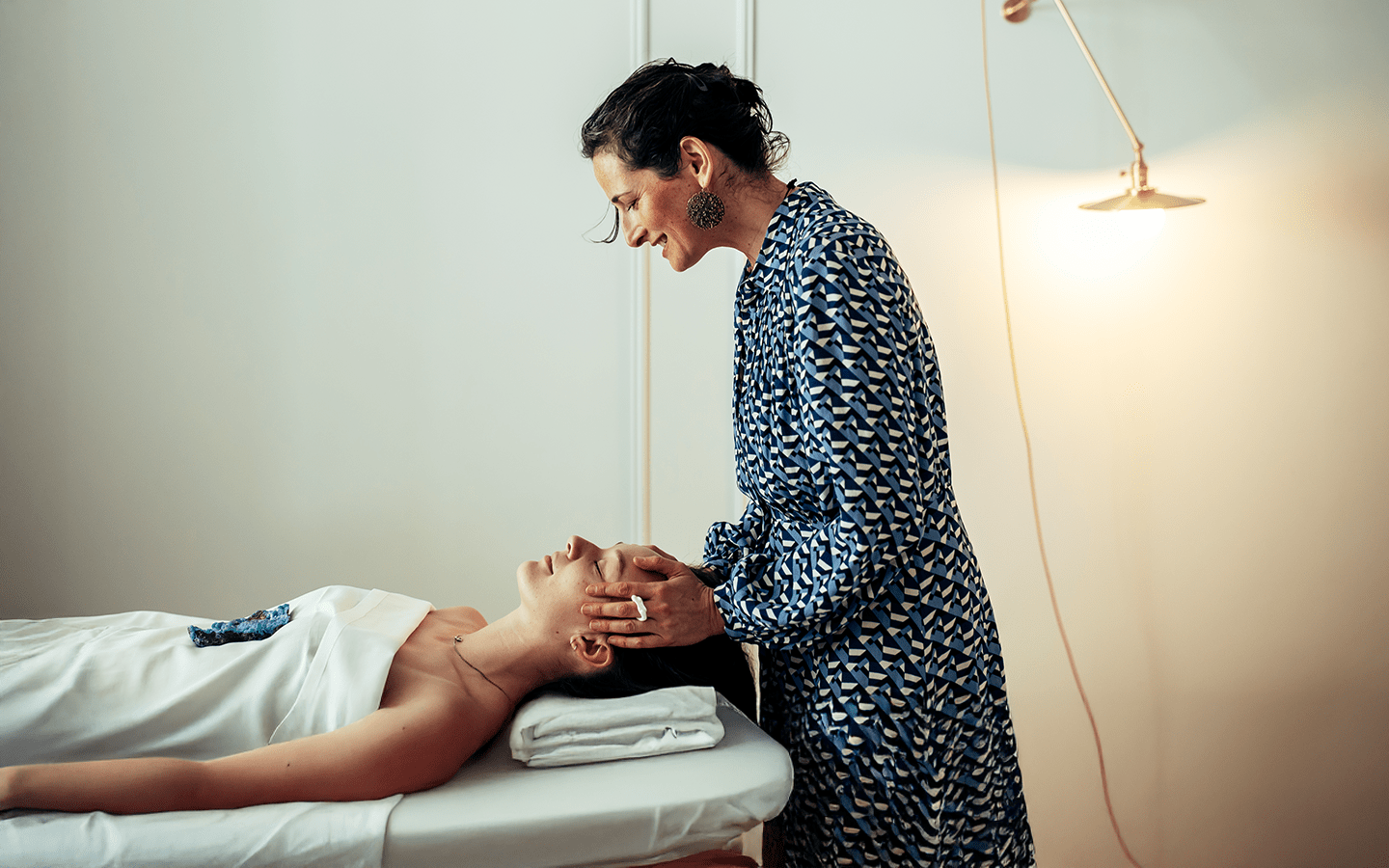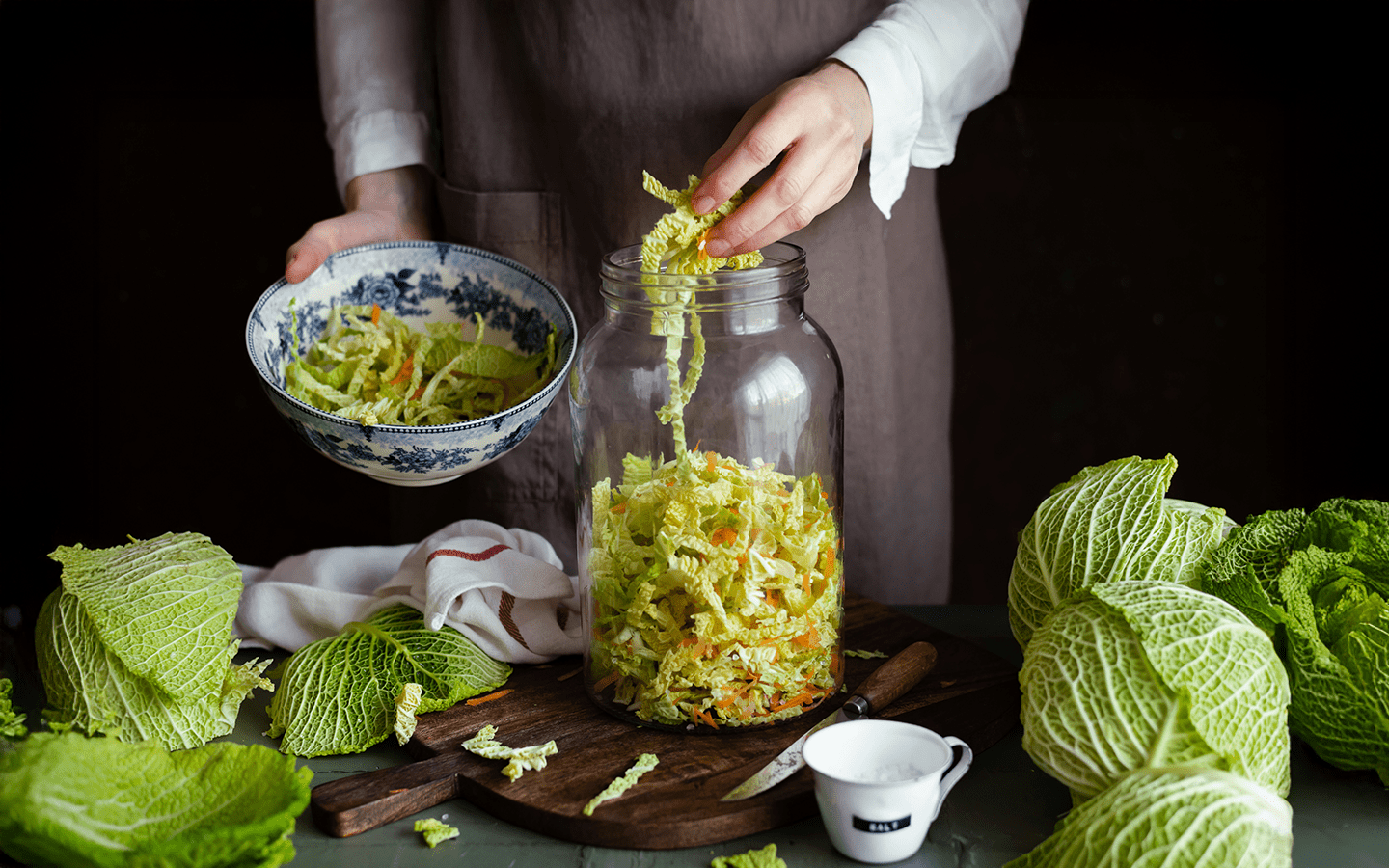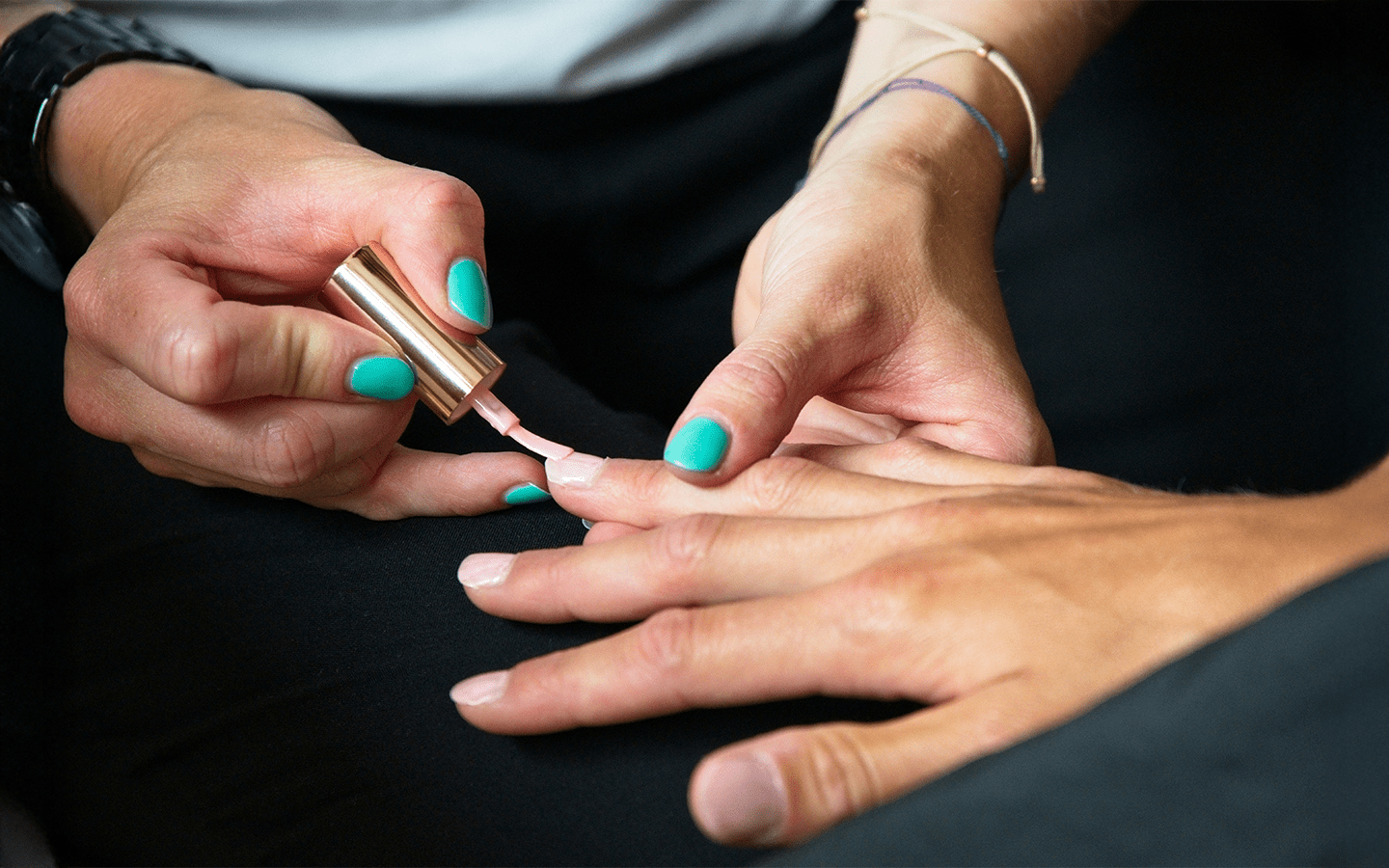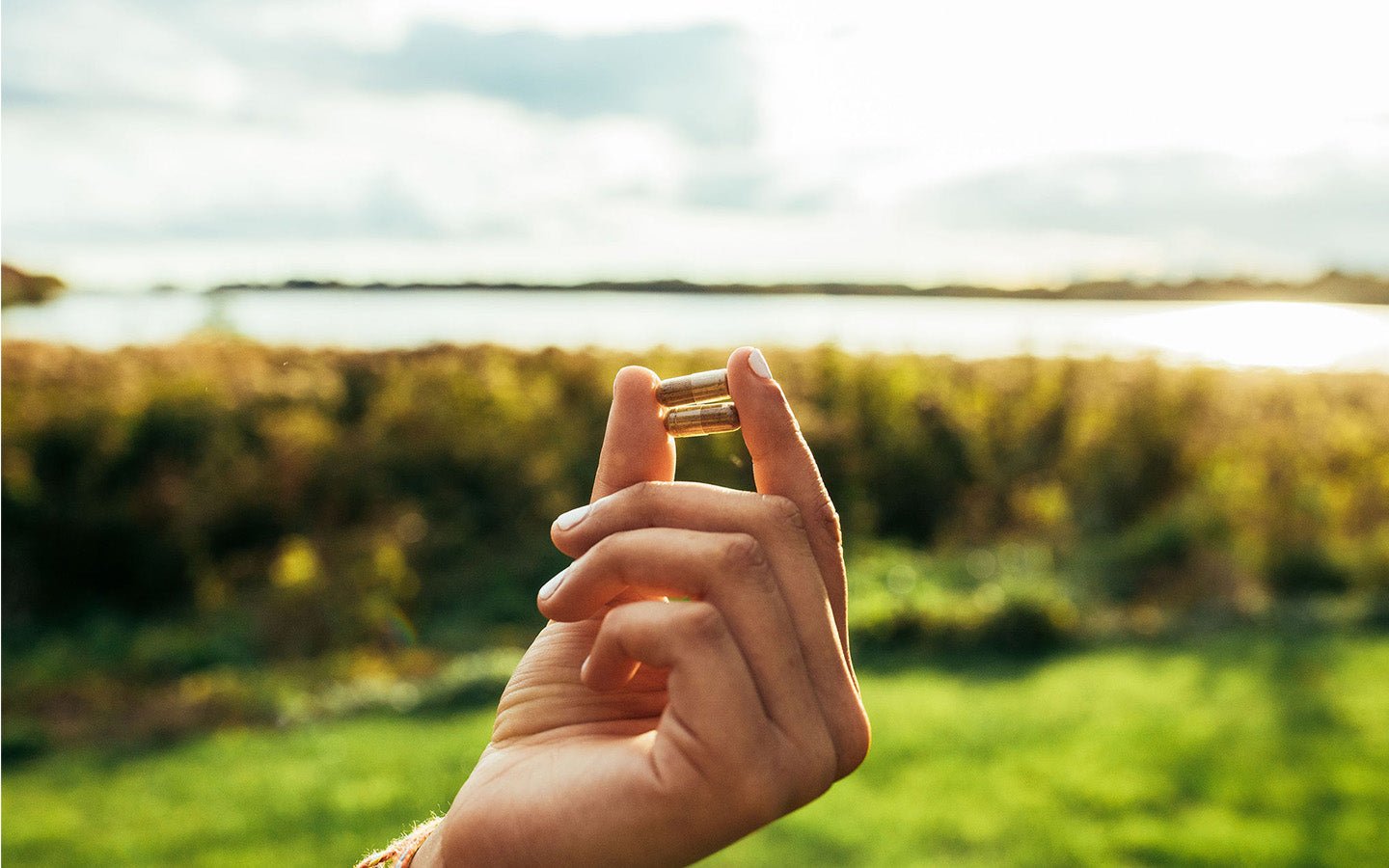
The Power of Chinese Herbal Medicine for Women's Wellness
It’s unclear how I would have survived the last 23 years without Chinese Herbal Medicine. It sounds like hyperbole, but it's God's honest truth. I started taking Chinese herbs in graduate school when I was 27. At the time, I took them in raw form, which meant bags of seeds, barks, twigs, roots, berries, and flowers to help me calm the hell down and deal. I was dealing with being a stepmother of kids ages 6 and 8, my husband's ex in the picture, commuting from Providence to Boston daily, and finding my footing in a post-9/11 world after I was on the last subway under the World Trade Center after the attack. Needless to say, the 27-year-old me needed some serious help. Chinese herbal medicine delivered. In this post, we’ll cover the basics of Chinese herbal medicine and why it’s a great solution to so many women’s health concerns.
Understanding Chinese Herbal Medicine
Chinese herbal medicine is an integral part of Traditional Chinese Medicine. which is rooted in the philosophy of balancing yin and yang. This ancient practice dates back thousands of years and continues to be widely practiced today. By focusing on restoring the body's balance and promoting overall wellness, Chinese herbal medicine utilizes natural sources like plants, minerals, and animal products to create effective remedies.
The Philosophy Behind Chinese Herbal Medicine
Chinese herbal medicine is based on the philosophy of balancing yin and yang, thus restoring the equilibrium in the body. Yin represents coolness, darkness, and passivity, while yang symbolizes warmth, light, and activity. By harmonizing yin and yang, Chinese herbal medicine seeks to address the root cause of illness rather than just treating symptoms. This approach involves custom-made formulas for an individual's unique health concerns.
Chinese Herbal Medicine 101: How does it work?
Chinese Herbal Medicine is based on the same theories and philosophies that are part of acupuncture, but while the insertion of acupuncture needles brings the body into balance, in Chinese herbal medicine, the herbs do that in complex ways. Often, in a Western reductionistic sense, we want to isolate the one herb, pathway, or molecule that catalyzes a biomedicine change; the ancient Chinese saw it differently. That could be because of the time and technology available, but the efficacy of an herbal prescription was about the synergistic effect of many herbs, not one diva-like herb stealing the show. Let's go to the history, shall we?
Historical Journey of Chinese Herbal Medicine
Chinese herbal remedies date back at least 2,200 years, although the earliest known written record of Chinese medicine is The Yellow Emperor's Inner Classic Huang di Neijing, 黃帝內經 from the 3rd century BCE. It is the most important ancient text in Chinese medicine and a significant book on Taoist theory and lifestyle. In addition, a listing and cataloging of 365 herbs based on their actions culminated in the earliest known Chinese pharmacopeia called Divine ****Husbandman's Materia Medica in the Eastern Han Dynasty (25–220 AD). Believe it or not, many of those herbs and combinations are still used today. All the bags of medicine I cooked up at age 27 are derived from that ancient knowledge. That said, most of the herbal formulations I prescribe are taken in capsule form.
Why Chinese Medicine is Great for Women
The ancient Chinese cared a lot about women’s health. Keeping us alive and functioning was a priority, so a big thanks for that. There were even famous gynecologists 2000 years ago, like Dr. Bian Que, who practiced in the Han Dan area near Beijing. Tomes were written about our female parts, and there were herbal formulas on how to handle everything under the sun from periods there were too heavy, too light, non-existent, irregular, too clotty, too dark, too painful, too watery, you name it, and that was the just the beginning. There was also language about what we call PMS today, along with supporting remedies, not to mention other ways to address hormonal imbalances like perimenopause, menopause, and infertility.
Efficacy and Safety of IngredientsSafety is a top priority in Chinese medicine, with strict regulations on ingredients and manufacturing processes. By following the principles of traditional medicine and utilizing evidence-based practices, Chinese herbal medicine offers women a natural and holistic approach to enhancing their well-being.
Conclusion
Chinese herbal medicine has helped me and hundreds of my patients gracefully navigate universal women's issues, such as post-partum anxiety, PMS, insomnia, and the gravity of time on my body, so from a very personal place, I am honored to share my experience and expertise with you.
